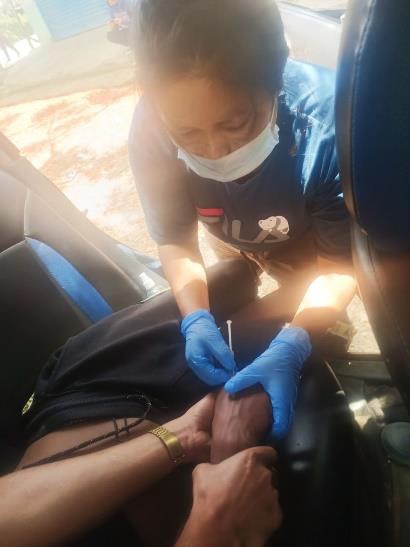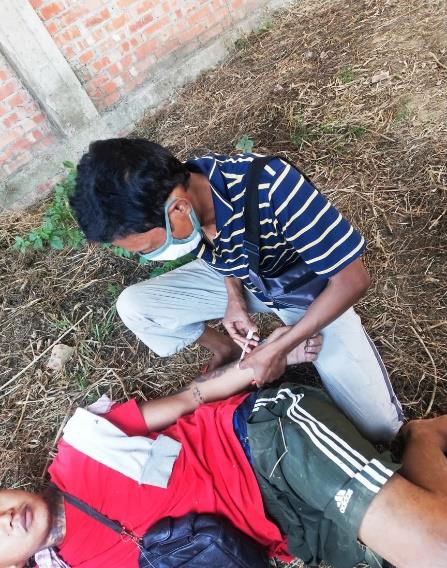Drug Overdose Prevention during COVID-19
Opportunities and Challenges in Manipur
COVID-19 has turned the world upside down in a very short period. The first wave of COVID-19 pandemic is marked as a time when the state was itself amid of long-standing trouble of drug overdose caused by illegal drug supply. This double burden greatly impacted the lives of drug users across the state of Manipur. This resulted in increased deaths from drug overdose during isolation period, COVID lockdown, suspension of social support programs, and compromised drug supply.
I-TECH India in coordination with Social Action and Service Organisation (SASO) has been supporting the OD backup response units in providing services across the state from a long period of time. The OD response unit coordinates with the TI NGOs which further coordinates with other OD response teams at district level building a prompt response system. The response is truly helping, by not just applying a band-aid but also renewing the spirit of everyone who is a part of the team. During COVID-19 lockdown in April 2021, the SASO CSO OD response team managed to save 8 lives while managing OD cases successfully!


Indeed, there are numerous health and economic factors that may cause the drug users of age group 20-50 years to suffer from opioid use disorder (OUD). This population is at higher risk in context of the COVID-19 pandemic, such as pre-existing health conditions associated with substance use and prior overdose; mental health challenges associated with social isolation, income instability; and threats to the supply of illicit substances, including increasingly toxic and unpredictable potencies. Additionally, physical distancing measures due to COVID, bring up unique challenges in providing overdose prevention services to those in need. At times, patients’ treatment got interrupted due to difficulty in accessing OST drugs for daily dispensation of medications from the OST centres, due to travel restrictions and lockdown in the state.
Many COVID related adaptions were followed in the states to make the services easily accessible and reachable. To promote retention during the pandemic, the OST centre has permission for longer prescriptions with the option of take-home doses. In addition, the COVID related social distancing measures within the overdose response team and the use of personal protective equipment were also followed. Without N95 masks, overdose responses should limit to administering naloxone only, as administering breaths via bag valve masks and providing CPR both carry aerosolization risks.
Overdose prevention education within the clinical practice should be adapted to promote safer substance use while decreasing the risk of COVID-19 transmission. The question that still lies during the pandemic is on uncertainty, which is salient, especially concerning the effectiveness of treatment, policies, and outcomes. And do all healthcare decisions come with uncertainty, is still unknown.

Click here to download pdf